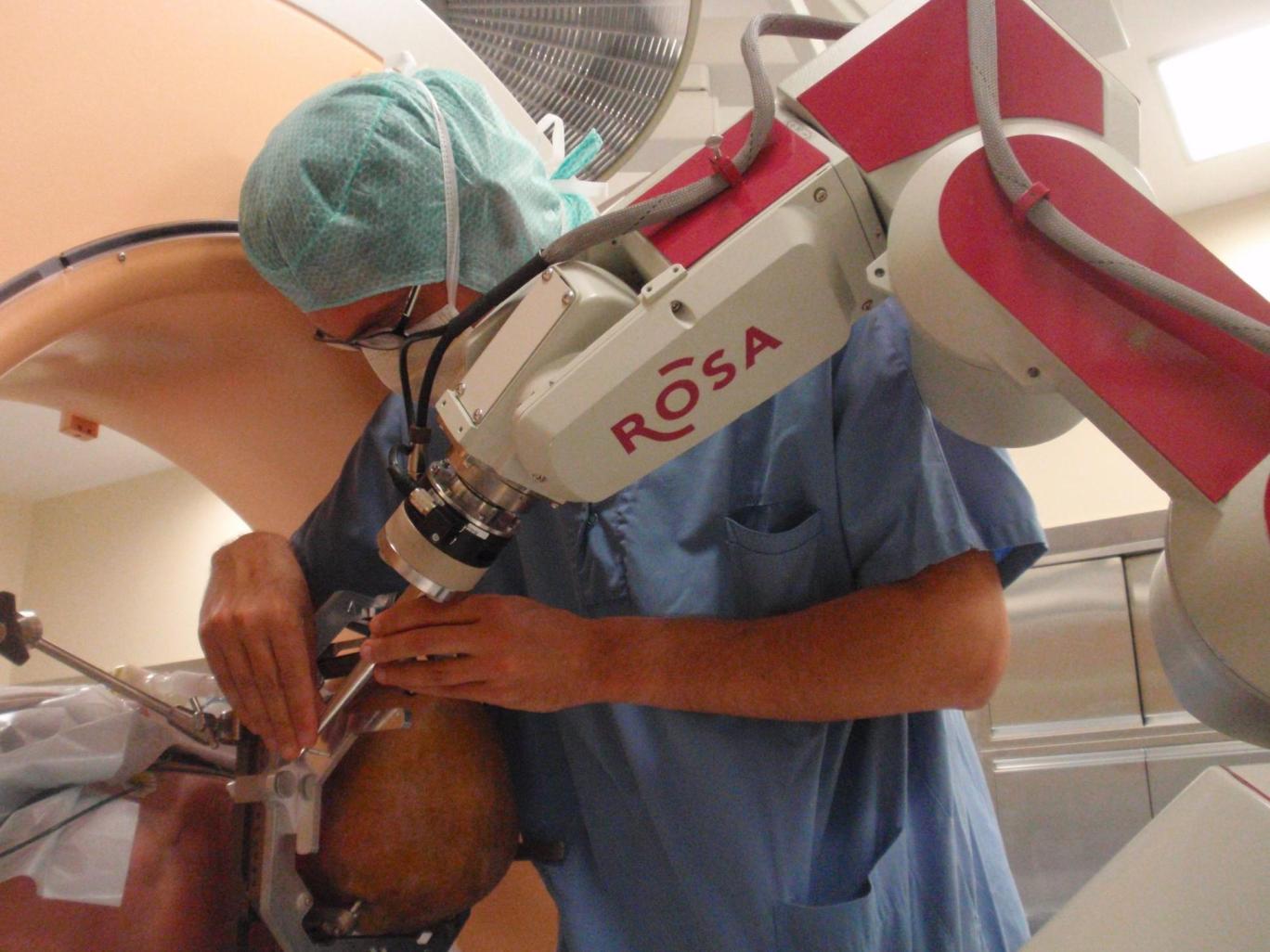What Are the Ethical Issues Surrounding Brain Surgery?
Brain surgery is a complex and delicate procedure that can have a profound impact on a person's life. While it can offer significant benefits, it also carries inherent risks and ethical considerations. This article explores the key ethical issues surrounding brain surgery, highlighting the importance of ethical decision-making in this sensitive field.

I. Introduction
Brain surgery is a specialized surgical procedure performed on the brain to treat a wide range of neurological conditions, including brain tumors, aneurysms, epilepsy, and Parkinson's disease. It involves opening the skull and directly accessing the brain tissue. While brain surgery can be life-saving and life-changing, it also carries risks of complications, including infection, bleeding, and neurological deficits.
- Potential Benefits: Brain surgery can offer significant benefits, such as removing brain tumors, alleviating debilitating symptoms, and improving quality of life. It can also provide valuable diagnostic information and help manage chronic neurological conditions.
- Risks and Complications: Brain surgery is a complex procedure with inherent risks, including infection, bleeding, and neurological deficits. The specific risks depend on the type of surgery, the location of the lesion, and the patient's overall health.
II. Autonomy And Informed Consent
The ethical principle of autonomy emphasizes the importance of respecting a person's right to make decisions about their own body and medical care. In the context of brain surgery, obtaining informed consent from the patient or their legal guardian is essential.
- Informed Consent: Informed consent requires that the surgeon provides the patient with comprehensive information about the surgery, including the risks, benefits, and alternatives. The patient must have the capacity to understand this information and make an informed decision.
- Challenges in Obtaining Informed Consent: Obtaining truly informed consent in brain surgery can be challenging due to the complexity of the procedure and the potential impact on cognitive function. Some patients may not be able to fully comprehend the risks and benefits of surgery, especially if they have cognitive impairments or are in a critical condition.
- Withholding Information: The ethical dilemma arises when withholding information from patients who may not be able to comprehend the risks and benefits of surgery. While it is important to respect patient autonomy, withholding information could lead to the patient making a decision that is not in their best interests.
III. Beneficence And Non-Maleficence
The ethical principles of beneficence (doing good) and non-maleficence (avoiding harm) guide the surgeon's duty to act in the best interests of the patient and to minimize harm.
- Beneficence: The surgeon has a duty to act in the best interests of the patient, considering their overall health, quality of life, and values. This includes providing the best possible care, using evidence-based practices, and minimizing the risks of surgery.
- Non-Maleficence: The surgeon must avoid causing harm to the patient. This includes avoiding unnecessary surgery, using appropriate surgical techniques, and taking steps to prevent complications.
- Experimental or Innovative Surgeries: Ethical considerations arise when performing experimental or innovative brain surgeries, where the risks and benefits are less certain. The surgeon must carefully weigh the potential benefits against the risks and ensure that the patient is fully informed about the experimental nature of the procedure.
- Balancing Benefits and Risks: Balancing potential benefits and risks is a complex ethical challenge, especially when dealing with life-threatening conditions. The surgeon must consider the patient's overall prognosis, the severity of their symptoms, and their quality of life when making decisions about surgery.
IV. Justice And Equity

The ethical principle of justice emphasizes the importance of fairness and equity in the distribution of healthcare resources. In the context of brain surgery, this includes ensuring equitable access to surgery and allocating limited resources fairly.
- Equitable Access: Equitable access to brain surgery is a concern, considering socioeconomic disparities, geographic barriers, and cultural factors. Some populations may face barriers in accessing timely and качественный brain surgery due to financial constraints, lack of insurance, or limited availability of surgical expertise.
- Allocation of Resources: The allocation of limited resources for brain surgery, such as operating room time, surgical expertise, and postoperative care, presents ethical challenges. Fair and transparent criteria should be developed to ensure that these resources are allocated equitably, considering the urgency of the patient's condition, their prognosis, and their overall quality of life.
V. Special Considerations
Certain populations may face unique ethical considerations in brain surgery.
- Children: Performing brain surgery on children raises ethical concerns about their capacity to consent to surgery, the potential impact on their developing brains, and the long-term consequences of surgery.
- Elderly: Ethical considerations in brain surgery for the elderly include their increased risk of complications, the potential impact of surgery on their overall health and quality of life, and the need for comprehensive geriatric assessment.
- Individuals with Disabilities: Individuals with disabilities may face additional ethical challenges in brain surgery, such as communication barriers, the need for specialized care, and the potential impact of surgery on their existing disabilities.
- Unconscious or Vegetative State: Performing brain surgery on patients who are unconscious or in a vegetative state raises ethical questions about their capacity to consent to surgery, the potential benefits and risks of surgery, and the decision-making process involving their legal guardians.
- Enhancement Surgeries: The use of brain surgery to enhance cognitive abilities or alter personality traits raises ethical concerns about the definition of normality, the potential for abuse, and the impact on the individual's identity and autonomy.
VI. Conclusion
Brain surgery is a complex and delicate procedure that carries significant ethical implications. The key ethical issues surrounding brain surgery include autonomy and informed consent, beneficence and non-maleficence, justice and equity, and special considerations for vulnerable populations. Ethical decision-making in brain surgery requires careful consideration of the patient's best interests, the potential benefits and risks of surgery, and the fair allocation of resources. Ongoing dialogue between surgeons, patients, families, and ethicists is essential to address these ethical challenges and ensure that brain surgery is performed in a responsible and ethical manner.
YesNo

Leave a Reply